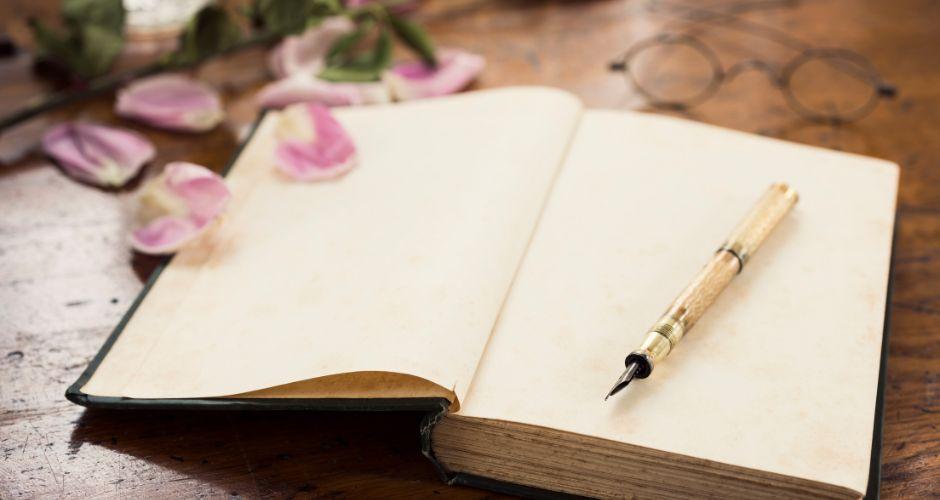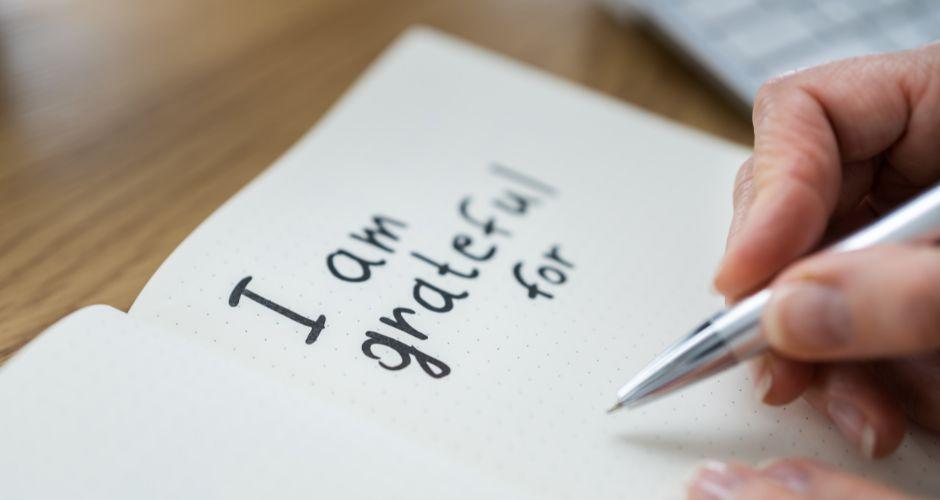In a world dominated by digital screens and fast-paced living, the simple act of putting pen to paper might seem like a quaint relic of the past. However, the practice of journaling has proven to be a timeless tool for self-expression, reflection, and personal growth. Beyond its nostalgic charm, journaling offers a profound way to enhance various aspects of your life. In this article, we’ll delve into the art of journaling, exploring its benefits, techniques, and the transformative impact it can have on your overall well-being.

The Beauty of Journaling
Journaling is more than just scribbling thoughts on paper; it’s a deliberate practice that invites you to explore your inner landscape. It’s a safe space to pour out your emotions, record your experiences, and gain insights into your thoughts and behaviours. In a world full of noise, journaling provides a haven of clarity and authenticity.
The Therapeutic Power of Expression
Expressing yourself on paper can be deeply therapeutic. Journaling allows you to release pent-up emotions, worries, and stresses, effectively unburdening your mind. The act of writing itself engages different parts of your brain, helping you process emotions and gain perspective on challenging situations.
Enhancing Self-Awareness
Self-awareness is the cornerstone of personal growth. Journaling facilitates introspection, helping you gain a deeper understanding of your values, beliefs, strengths, and areas for improvement. Regularly reviewing your journal entries over time reveals patterns and allows you to track your progress on your journey of self-discovery.

Capturing Life’s Moments
Our lives are a tapestry of moments, both big and small. Journaling serves as a time capsule, preserving these moments for posterity. Whether it’s recording a memorable experience, jotting down your goals, or chronicling your daily routines, journaling offers a tangible way to capture the essence of your life.
Stress Reduction and Emotional Regulation
The act of journaling can be a powerful stress management tool. When you write about your worries or anxieties, you engage the prefrontal cortex – the thinking part of the brain. This can reduce the activation of the amygdala, the brain’s stress centre, leading to a sense of emotional regulation and relief.
Finding Clarity in Chaos
Life is often filled with complexities and uncertainties. Journaling provides a structured outlet for organising your thoughts and making sense of chaos. Writing about a problem or dilemma allows you to break it down, analyse it, and explore potential solutions.

Strengthening Creativity
Journaling isn’t limited to words alone. Sketching, doodling, and adding visual elements can stimulate your creative faculties. The free-form nature of journaling encourages you to experiment with different mediums and explore your creative side.
Setting and Achieving Goals
Putting your goals on paper makes them tangible and actionable. Journaling helps you clarify your aspirations, set realistic objectives, and outline steps to achieve them. Regularly reviewing your progress keeps you accountable and motivated.
Cultivating Gratitude
Gratitude is a cornerstone of happiness. A journal can be your gratitude repository, a place to jot down the things you’re thankful for each day. This practice shifts your focus from what’s lacking to what’s abundant in your life.
Types of Journaling Techniques
There are various techniques to explore within the realm of journaling:
1. Morning Pages
Morning pages involve writing three pages of stream-of-consciousness thoughts as soon as you wake up. This practice clears your mind and sets a positive tone for the day.
2. Reflective Journaling
Reflective journaling involves revisiting your day, identifying key events, and recording your emotional responses. This practice fosters self-awareness and emotional intelligence.
3. Gratitude Journaling
As mentioned earlier, gratitude journaling entails listing things you’re grateful for each day. This simple practice has a profound impact on your overall mindset.
4. Creative Journaling
Incorporate creativity into your journal by adding sketches, collages, or even poems. Creative journaling is a visual and tactile way to express yourself.
5. Bullet Journaling
Bullet journaling combines writing, planning, and organising. You create your own structure using bullet points, symbols, and trackers to keep track of tasks, goals, and habits.

Making Journaling a Habit
To reap the full benefits of journaling, consistency is key. Set aside a dedicated time each day to write in your journal. Treat it as a sacred ritual – a time to connect with yourself and reflect on your experiences.
Conclusion: The Written Legacy
In a world that often prioritises speed and instant gratification, journaling offers a counterbalance – a space for contemplation, self-expression, and growth. Through the act of writing, you create a written legacy of your thoughts, emotions, and experiences. Whether you’re navigating challenges, celebrating victories, or simply reflecting on life’s journey, journaling serves as a faithful companion that nurtures your inner world. So, pick up that pen, open your journal, and embark on a journey of self-discovery, healing, and transformation.